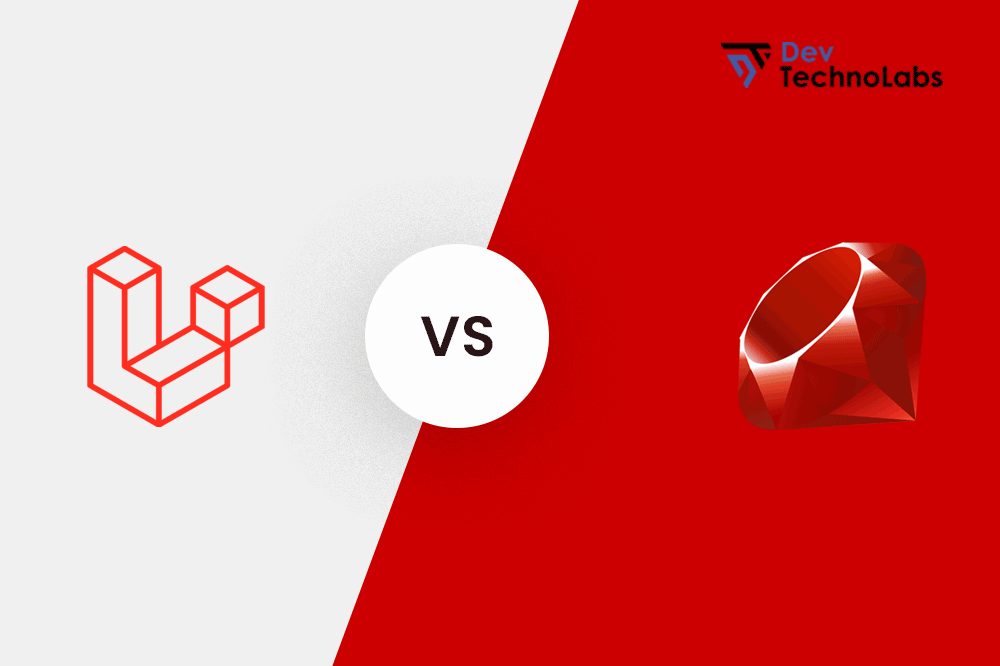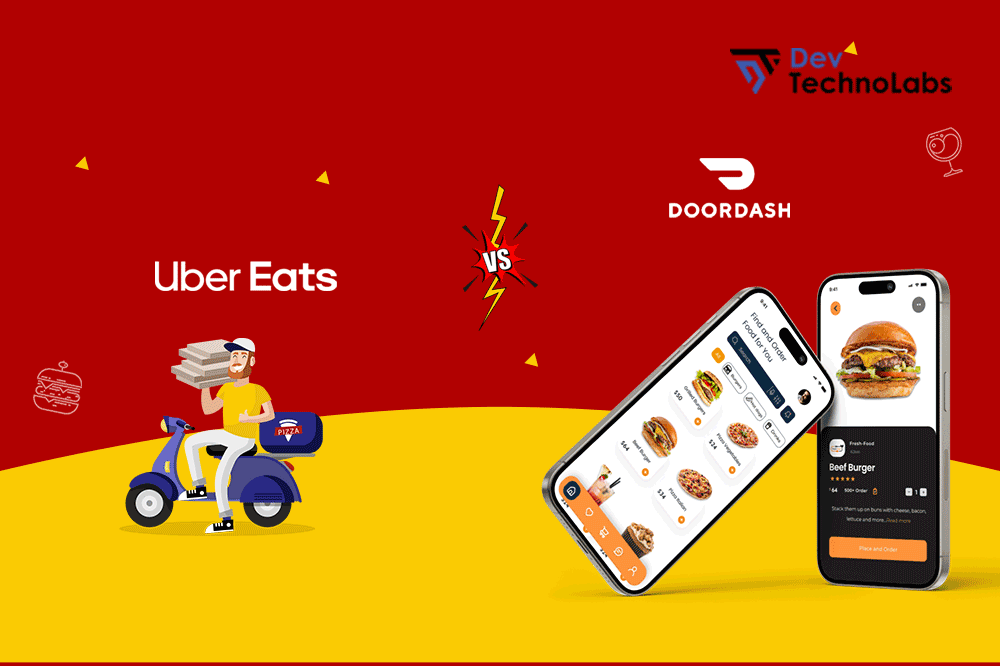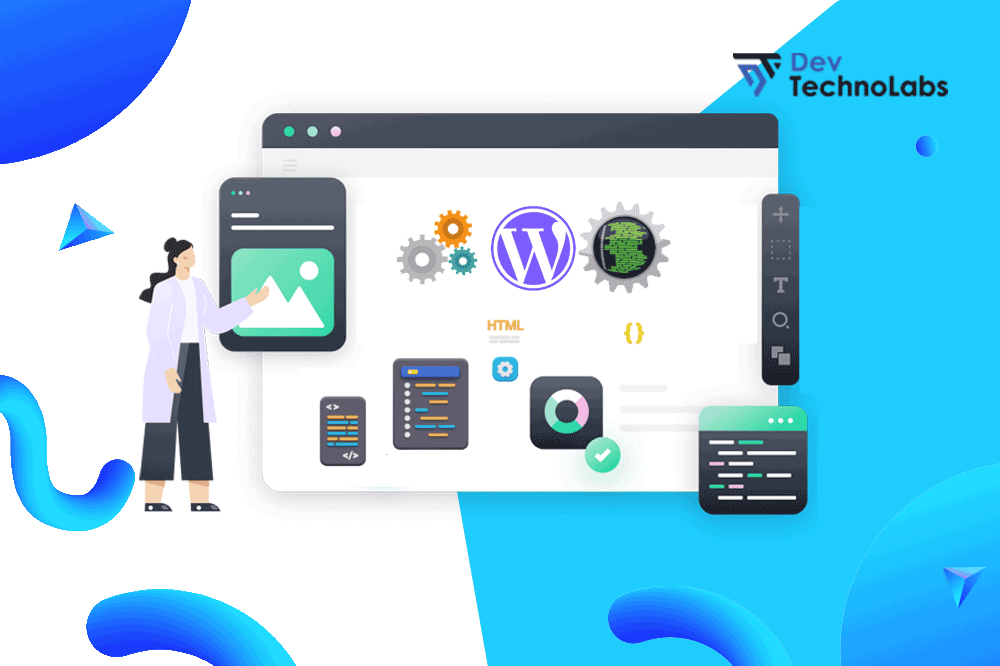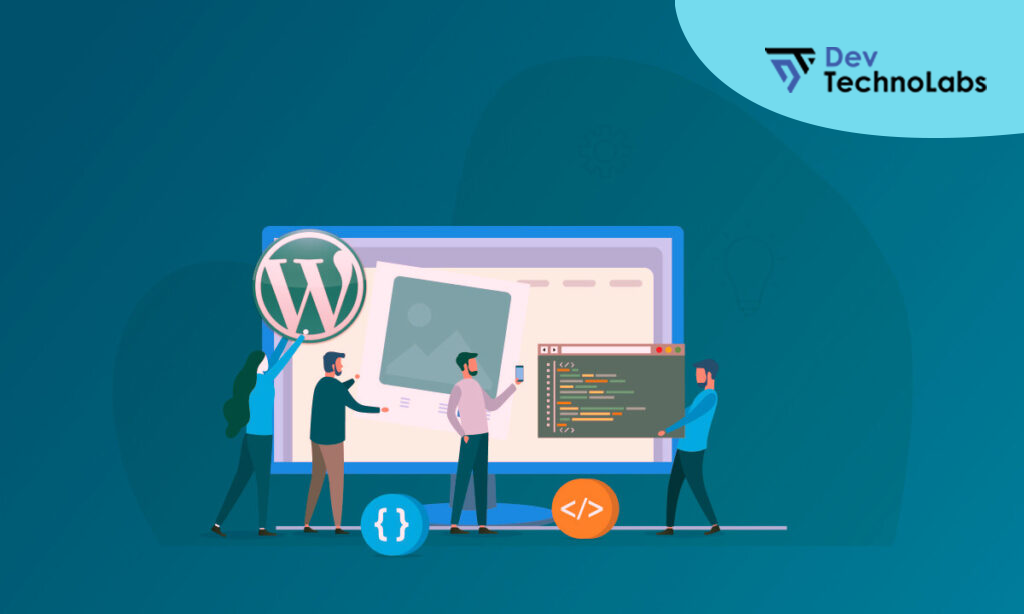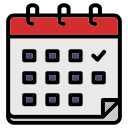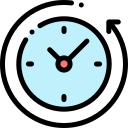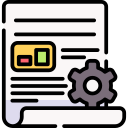In this article, we'll explore the major differences between Laravel and Ruby on Rails, their features, advantages, and which one you should choose for your next project.
What is Laravel?
Laravel Development Services is a free, open-source PHP web framework that was released in 2011. It follows the Model-View-Controller (MVC) architectural pattern and is known for its elegant syntax and expressive features. Laravel aims to make web development easy and efficient by providing a variety of tools and libraries.
Laravel Features
Artisan Command Line Interface
Laravel comes with its own command line interface, Artisan, which allows developers to perform repetitive tasks such as database migrations, model creation, and more with simple commands. Artisan serves as a powerful tool in the Laravel developer's arsenal, enabling them to generate boilerplate code and manage their database schema without the tedium of manual repetition.
Eloquent Object-Relational Mapper (ORM)
Laravel's Eloquent ORM makes it easy to work with databases by providing an intuitive way to interact with the database using PHP syntax. Eloquent simplifies the CRUD (Create, Read, Update, Delete) operations and includes built-in functions for relationships, scopes, and more, making it a robust ORM for any developer.
Blade Templating Engine
Laravel's Blade templating engine offers a simple yet powerful way to design and create templates for your web application. Blade templates are compiled into plain PHP and cached until they are modified, which means Blade adds essentially zero overhead to your application. Blade template inheritance and sections ensure clean and maintainable code.
Laravel Mix
Laravel Mix is a wrapper around the popular front-end build tool, Webpack. It simplifies the process of compiling assets and managing dependencies, making it incredibly easy for developers to integrate modern build processes into their workflow. Whether you're dealing with CSS, JavaScript, or pre-processors, Laravel Mix is a valuable asset.
Authentication and Authorization
Laravel comes with built-in authentication and authorization features, making it easy to implement user authentication and access control in your web application. These features are configurable and can be easily integrated, ensuring that your application is secure and that users have appropriate access.
Task Scheduling and Queue Management
One of the standout features of Laravel is its task scheduling system, which allows developers to fluently and expressively define command schedules within the application itself. Additionally, Laravel's queue management provides a unified API across a variety of different queue backends, such as Beanstalk, Amazon SQS, Redis, or even a relational database.
Robust Security Features
Security is a critical component of any web application, and Laravel provides robust features to ensure your application is protected against various security threats. Laravel's security features include protection against SQL injection, cross-site request forgery (CSRF), and cross-site scripting (XSS).
Extensive Package Ecosystem
Laravel has a rich ecosystem of packages, which are easily managed through the Composer dependency management tool. These packages can add functionality to your application or provide integrations with third-party services and APIs, offering vast possibilities for extending your application's capabilities.
What is Ruby on Rails?
Ruby on Rails, also known as Rails, is an open-source web development framework written in the Ruby programming language. It was released in 2004 and has gained popularity for its convention over configuration approach and its ability to develop web applications quickly.
Ruby on Rails Features
Convention over Configuration
Rails follows the principle of convention over configuration, which means that developers only need to specify unconventional aspects of their code, while Rails automatically handles the rest. This reduces the number of decisions developers need to make, streamlining the development process.
Active Record Object-Relational Mapping (ORM)
Similar to Laravel's Eloquent ORM, Rails also comes with its own ORM, known as Active Record, which simplifies database interactions. Active Record automatically maps tables to classes and rows to objects, making database operations more intuitive and less verbose.
Scaffolding
Rails provides scaffolding, which automatically creates a basic skeleton for the application, including models, views, and controllers, making it easy to get started with a new project. Scaffolding can greatly speed up the development process by generating code that would otherwise have to be written manually.
RESTful API
Rails is well-known for its support of RESTful APIs, making it an ideal choice for developing APIs and web services. The framework encourages best practices for API development and provides tools that make it straightforward to build and test APIs.
Gems
Ruby on Rails has a vast library of reusable components called gems, which can be easily integrated into your application to add new features and functionality. The RubyGems package manager simplifies the process of finding, installing, and using these components.
Built-in Testing Framework
Rails comes with a built-in testing framework, which allows developers to write tests for their applications without needing to set up additional tools or frameworks. This encourages test-driven development (TDD) and helps maintain high code quality throughout the development lifecycle.
Opinionated Software
Rails is considered an "opinionated" software, which means that it makes assumptions about the best way to do things. This can be an advantage for developers who are happy to follow Rails' conventions, as it leads to more uniform codebases and can reduce the time spent on configuration.
Strong Focus on Developer Happiness
Rails places a strong emphasis on developer happiness and productivity. The framework is designed with the intention of making developers' lives easier, with a rich set of tools and a helpful community that stands by the Rails doctrine of optimizing for programmer happiness.
Advantages of Ruby on Rails over Laravel
Simplicity and Convention
Ruby on Rails is known for its simplicity and ease of use. Its convention over configuration approach means that developers can write less code and spend less time setting up their projects, leading to a smoother and more straightforward development experience.
Rapid Development and Prototyping
Rails is built for rapid application development, making it a popular choice for startups and small businesses looking to launch their web application quickly. The framework's structure and available tools allow developers to move from concept to prototype in a remarkably short amount of time.
Large and Supportive Community
Rails has a large and active community of developers who contribute to its growth and offer support and resources for beginners. This community is a treasure trove of knowledge, with extensive documentation, tutorials, forums, and conferences dedicated to Rails development.
Mature and Stable Ecosystem
Having been around since 2004, Rails has a mature ecosystem with a plethora of plugins, libraries, and tools that have been tested and refined over the years. This maturity translates into stability for your application and confidence in the tools you're using.
Advantages of Laravel over Ruby on Rails
PHP Language and Popularity
Laravel is written in PHP, which is a popular and widely-used programming language, especially in the context of web development. This widespread adoption makes it easy to find developers with PHP knowledge and experience, as well as a wealth of resources and support.
Easier Learning Curve for PHP Developers
Compared to Ruby on Rails, Laravel has a relatively easier learning curve, particularly for developers who are already familiar with PHP. Laravel's documentation is thorough and user-friendly, making it accessible for those new to the framework or to web development in general.
Comprehensive and Modern Toolset
Laravel comes with a variety of integrated tools and libraries that make web development more efficient and streamlined. From artisan commands to real-time event broadcasting, Laravel provides a modern toolset that can accommodate a wide range of web development needs.
Growing and Passionate Community
While Laravel is younger than Rails, it has rapidly grown a passionate and engaged community. The Laravel ecosystem is continuously expanding, with regular conferences, meetups, and online forums where developers share knowledge and collaborate on projects.
Focus on Developer Experience
Laravel places a strong emphasis on developer experience, with features such as Homestead for simplified local development and Horizon for queue monitoring. These tools are designed to make the development process as pleasant and productive as possible.
Conclusion - Laravel vs. Ruby on Rails
In conclusion, both Laravel and Ruby on Rails are powerful and popular backend frameworks, each with its own advantages and features. While Laravel is written in PHP and has a larger community, Ruby on Rails offers simplicity and rapid development.
It's important to consider your project requirements and personal preferences when choosing between the two frameworks. If you're comfortable with the Ruby language and need to develop a web application quickly, Ruby on Rails may be the better option. However, if you're new to web development or prefer using PHP Development Services, Laravel may be a better fit for your project.
Regardless of which framework you choose, both Laravel and Ruby on Rails offer efficient and effective tools for developing web applications, and the decision should be based on which framework aligns best with your project goals and team expertise.
Frequently Asked Questions
Which Is Better For Beginners, Laravel Or Ruby On Rails?
Both Laravel and Ruby on Rails have their own set of benefits and features, making them good choices for beginners. However, Laravel's easier learning curve and large community make it a more beginner-friendly option. Additionally, PHP's ubiquity on web servers might make Laravel more accessible for those just starting out.
Is Laravel Better Than Ruby On Rails?
It ultimately depends on your project requirements and personal preferences. Both frameworks have their own strengths and weaknesses, and it's important to evaluate them based on your specific needs. Consider factors such as the language you're more comfortable with, the community support, and the type of application you're building.
Can I Use Laravel With A Non-PHP Front-End?
Laravel can be used as a backend for any front-end technology, including JavaScript frameworks like Vue.js, React, and Angular, as well as static HTML and CSS. Laravel's ability to serve as a RESTful API or GraphQL endpoint makes it versatile for various front-end architectures.
Do I Need To Know Ruby To Use Ruby On Rails?
While having knowledge of Ruby can be helpful, it is not necessary to know the language to begin using Ruby on Rails. Many developers learn Ruby through Rails. However, a basic understanding of Ruby will greatly aid in understanding the Rails framework and writing efficient code.

